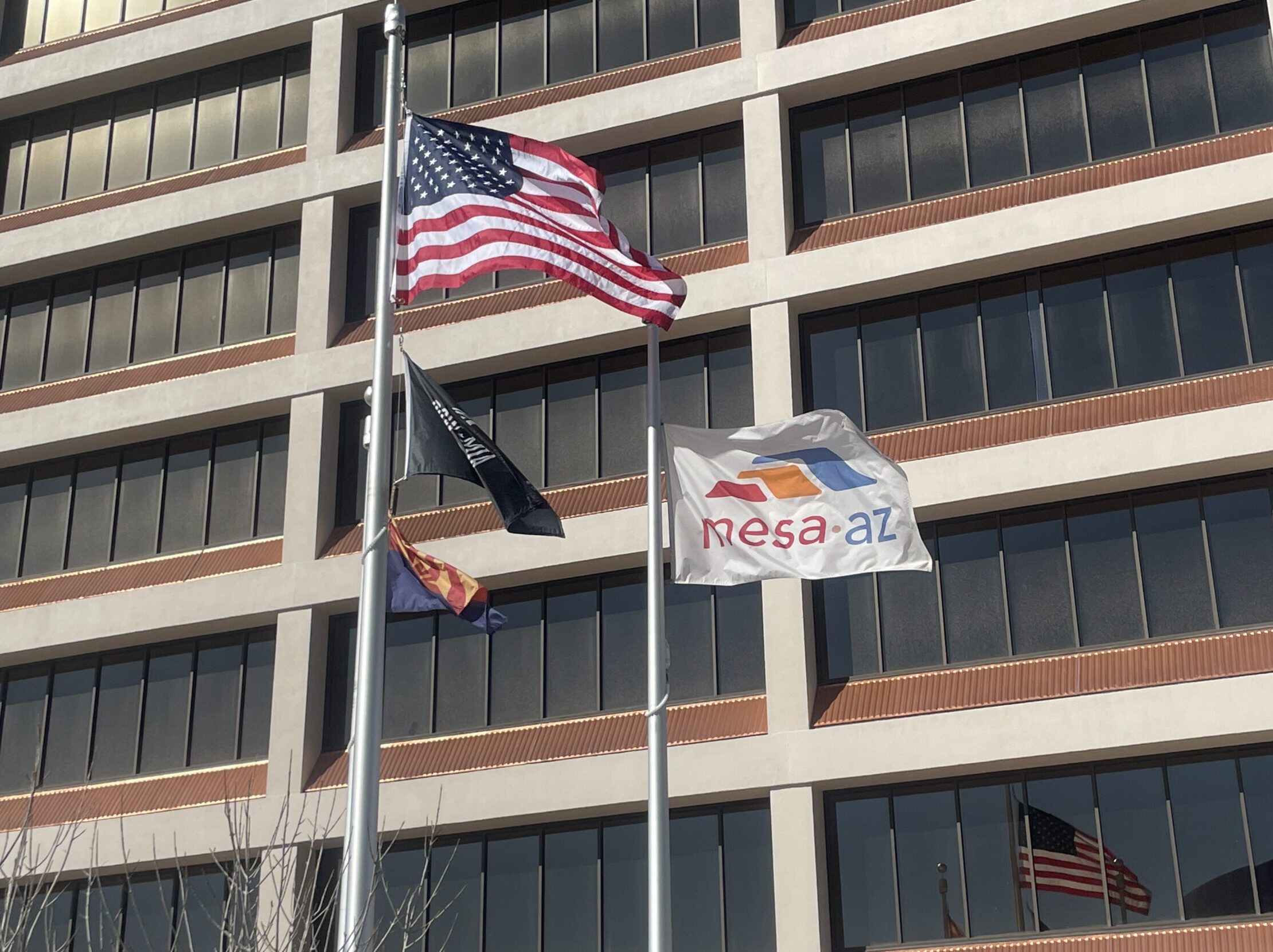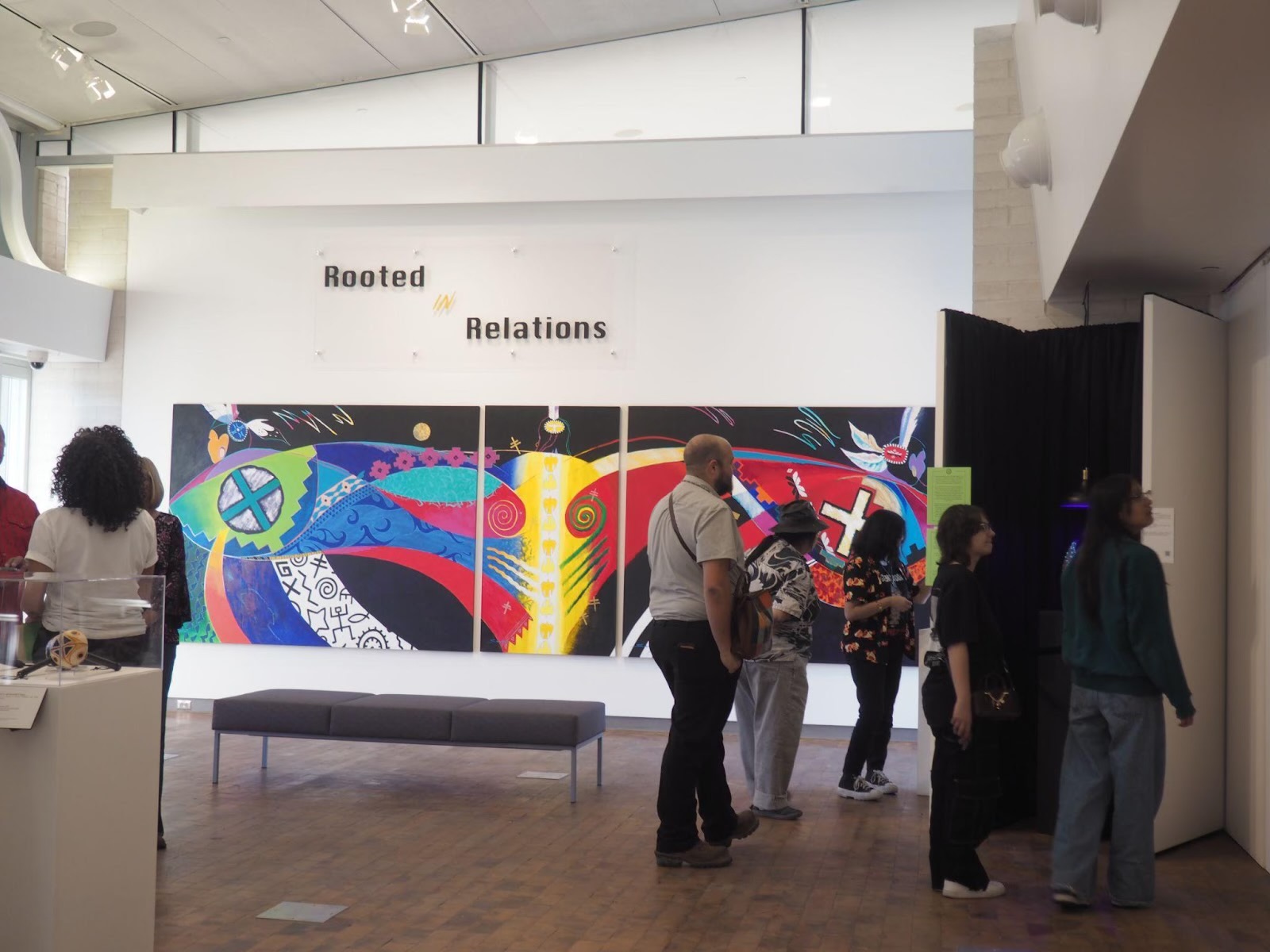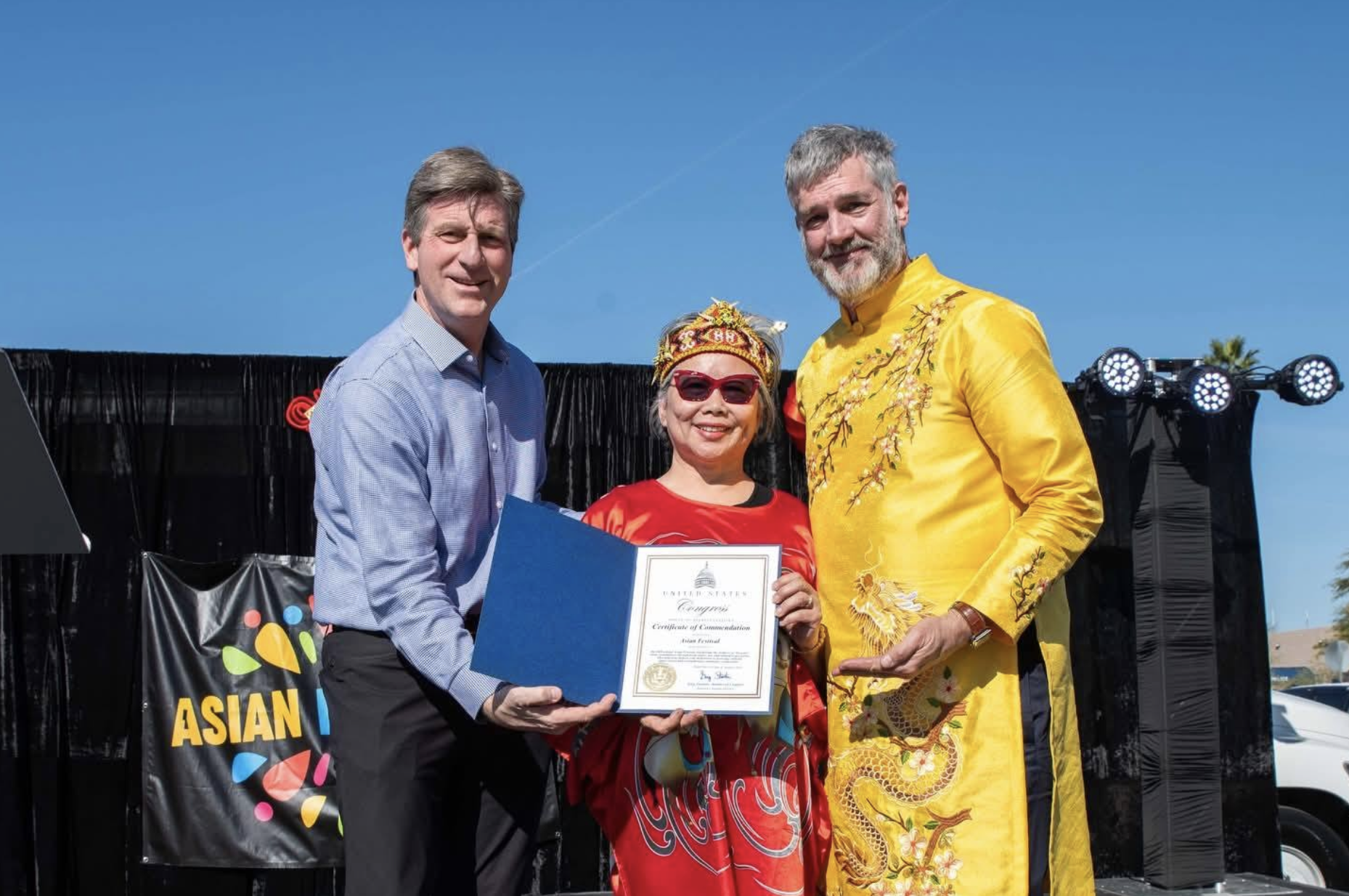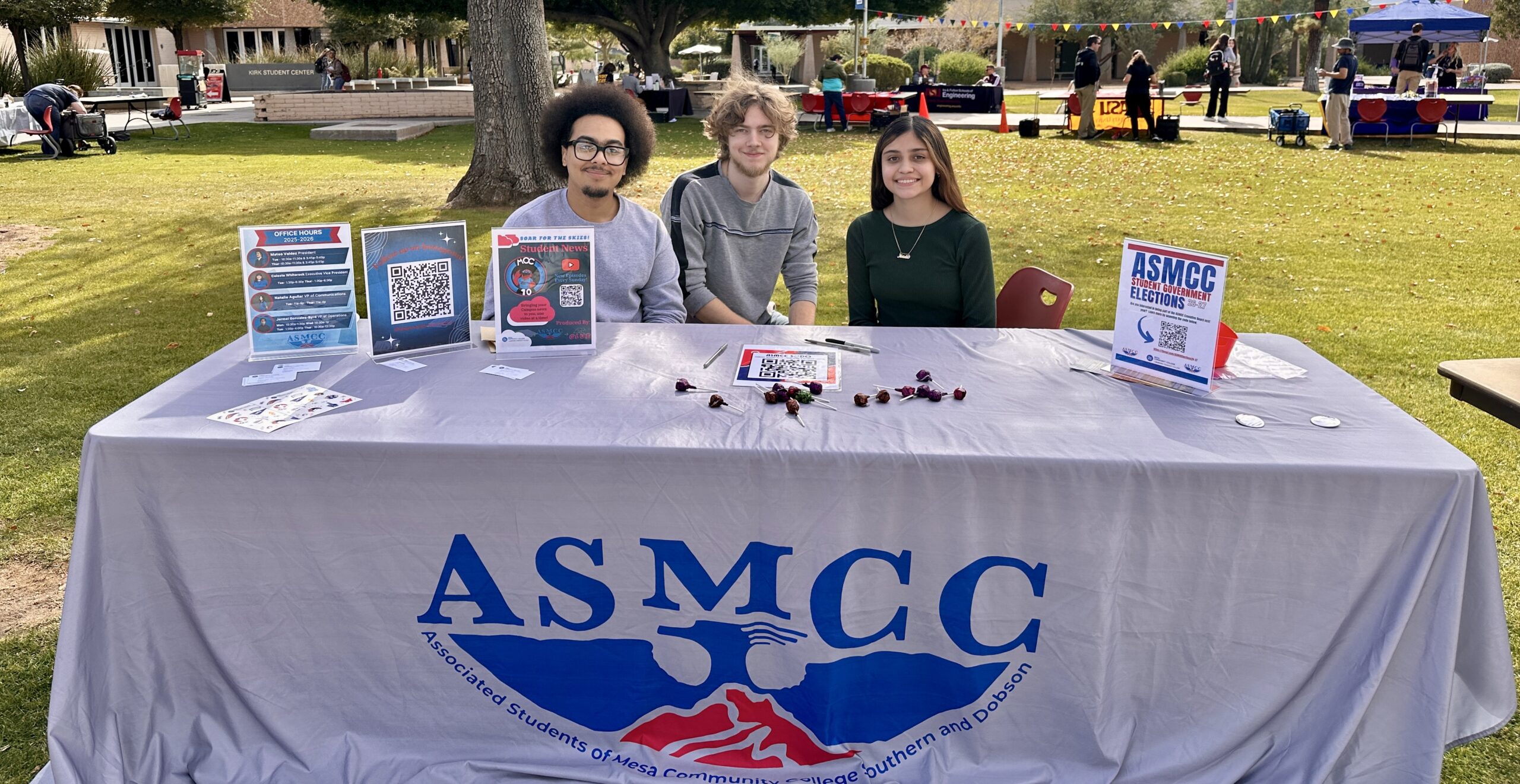Climate change: we are on fire
In recent years climate change has been a hot button topic at the forefront of major
discussions. Fairly recently, climate change has been thrust once again back into the
spotlight due to one of the worlds most magnificent natural assets- the Amazon
rainforest set ablaze due to illegal clearing and burning all while the world watches in
shock, horror, alarm and disgust, even questioning whether they will feel the effects of
such damage across the world.
While it’s still too soon to establish the effects of the Amazon fires in Arizona with
certainty, time will tell. Heather Throop, Sustainability Scientist from Arizona State
University explains the difficulties of pinpointing how exactly Arizonians will be
impacted, “It’s a tricky thing.. We have to really look at a lot of years of data to see that
signal but that signal is really clear in a lot of areas worldwide at this point. And another
important question is gonna be what happens to that land in the future. Does it get
revegetated? Do trees grow back? In the Amazon it’s pretty hard to get trees to grow
back, there’s nutrient-poor soil and so they’ll lose a lot of the nutrients that trees need to
grow and so likely this will just be a spike in the amount of carbon dioxide that’s in the
atmosphere and that’s adding to the huge amount of carbon dioxide that we already put
into the atmosphere. And it’ll be one of a lot of factors that influence climate change.”
After delving into what the factors are that influence climate change, one starts to
question why exactly the Amazon rainforest was set aflame, whether it was accidental or
purposeful, Professor Elizabeth Larson believes the latter, “It is said that the first cause of
deforestation is road-building. If you build one, they will come! Roads allow access,
which of course can be wonderful for the people who haven’t had a way to connect with
the rest of the country (Brazil), yet they can be very detrimental to the environment. And
not just the Brazilian people, but the entire planet. The rainforest is the of the planet
(along with our oceans).There is a ripple effect. Negative impacts, for sure. Look at the
fires we’re seeing in the region. Traditional slash and burn agricultural methods indeed
are the cause of some fires during the burning season. However, what we are seeing
now is not a result of those seasonal fires. Further, anytime we dramatically alter the
original vegetation of any ecosystem, we run the risk of the ecosystem changing.”
Talks about an alarming tipping point are now bearing down at which a combination of
deforestation and climate change would transform much of the Amazon, an already
fragile ecosystem, with dire effects on the world’s climate system. Scientists believe we
are 20 to 30 years off from reaching this tipping point of no return. But some scientists
remain hopeful. “We’ll be most successful if we can tackle it as an international
community which we haven’t been very successful recently in terms of climate change
but the good news there is that we’ve had some really successful initiatives in the past,
in particular the Montreal Protocol which was an international agreement that limits the
use and bans the use of chemicals that destroy the ozone layer of our atmosphere.
That alone gives me a whole lot of hope that we can step up as an international
community,” Throop says.
And while many remain hopeful for the future of the Amazon, and despite much of the
damage inflicted on the wildlife and indigenous communities in the region — as well as
the Earth’s atmosphere — is irreversible, organizations, activists, and world leaders are
urging people to help in any way they can.
“Awareness, advocacy, and volunteering are critical. Being well informed is key. Also,
eating lower on the food chain. More plant based diets are important. A lot of land space
(here and in the Amazon and around the world) is used for growing food for animals (and
high fructose corn syrup, and ethanol) and not left in their natural vegetative state.
Driving less and causing fewer emissions here is also important. Consuming less (of
everything) will also help. Voting for policies and politicians who are foresighted with
regard to the environment is also critical, rather than voting for fast economic gain, which
is most often unsustainable. Our actions have consequences. Which direction, negative
or positive, is up to each of us,” Larson concludes.
–
Kari King is a journalism student at Mesa Community College.









